Wallem casts wider talent net for shipping's next generation
Shipping must look beyond traditional approaches to attract talent as its business model changes and digitalization accelerates, says Wallem
Shipping's shift into digitalization concerns more than simply implementing newer and fancier technologies: it is also about reskilling the current workforce and attracting new talent, global ship management group Wallem believes.
Speaking at the recent Hong Kong Ship Finance Forum, Ben Shao, Head of Learning & Development at Wallem, said it is critical the industry looks beyond traditional roles in order to expand its talent pool and nurture staff progress.
Ben Shao, Head of Learning & Development at Wallem Group
A wider talent pool is needed to address the challenges shipping faces and to attract young professionals keen to join the maritime sector but not necessarily interested in going to sea.
“We need to start competing for talents in the data science, statistics and AI related fields,” he said to find people who possess the knowledge and skills to optimize new technologies and tools that can drive the efficiency of business operations.
“We must expand the way we think about work and our business model, analyse and identify the competitive advantages of shipping so we can tell a compelling story and compete against the likes of investment banks, consulting firms and technology titans in attracting such talents.”
For Wallem, it is about looking beyond its Hong Kong base and considering the Greater Bay Area, which has a population of 86 million people and a GDP of US$2 trillion.
But beyond even that Asia is a huge talent pool that the ship management industry can collectively utilise in attracting talent and management to play a pivotal role in propelling the maritime sector into the next era.
Many Asian governments and marine departments have done a great job in promoting the sector with excellent initiatives, but often they are small in scale and are targeted at preparing young graduates for a seagoing career.
“By looking beyond traditional roles in the sector, maritime companies can benefit from having local authorities connecting us with universities in the region that have graduates from both engineering and non-engineering disciplines.
“We should take stock from the likes of Singapore's MPA and SMF and learn how they promote the sector to both the maritime universities and non-maritime universities.”
Wallem believes the future is human, and that technology can enhance human performance with the best digital tools.
“AI's ability to analyse large datasets of resumes, social media profiles and other information can also be invaluable in identifying and reaching out to individuals with the skills, experience, and potential to be successful in shipping careers,” observed Shao.
Attention is also needed to ensure traditional roles like engineers and navigators remain appealing, he added. Upskilling seafarers is a huge challenge, given the rapid technological advances shipping is undergoing, and the pace of progress is not adequate – partly because the industry lacks a unified approach and the right regulatory framework.
“Wallem has in house training centres offering courses to seafarers with a focus on emerging technologies and new regulations as well as important soft and leadership skills required to manage the ships and crews of the future,” said Shao.
The shipping industry requires a collaborative approach to share what it learns to ensure safety and sustainability for assets and personnel, Wallem believes. AI should also be used more to personalize training, career development and mentorship programmes that continuously analysing personnels' needs at the pace the individual can manage.
source: Wallem
The opinions expressed herein are the author's and not necessarily those of The Xinde Marine News.
Please Contact Us at:
media@xindemarine.com


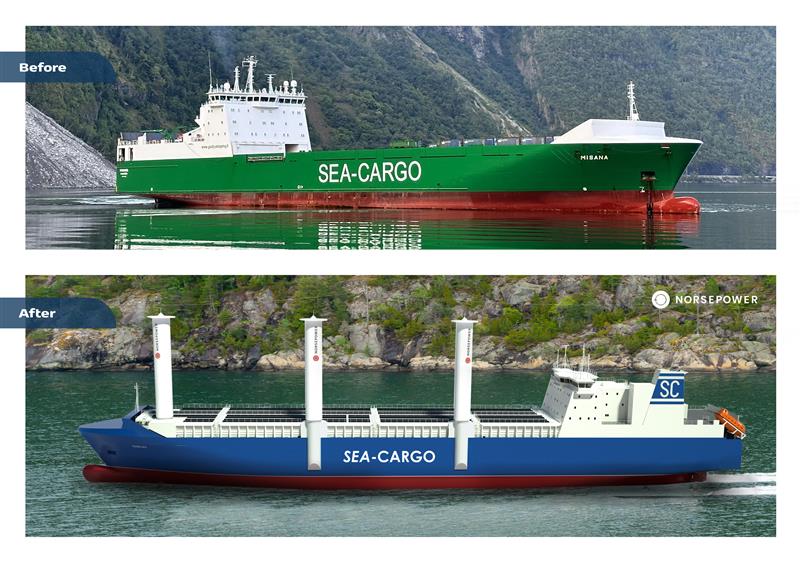 Sea-Cargo and Norsepower continue their collaborati
Sea-Cargo and Norsepower continue their collaborati  Alfa Laval expands its portfolio with ultrasonic an
Alfa Laval expands its portfolio with ultrasonic an 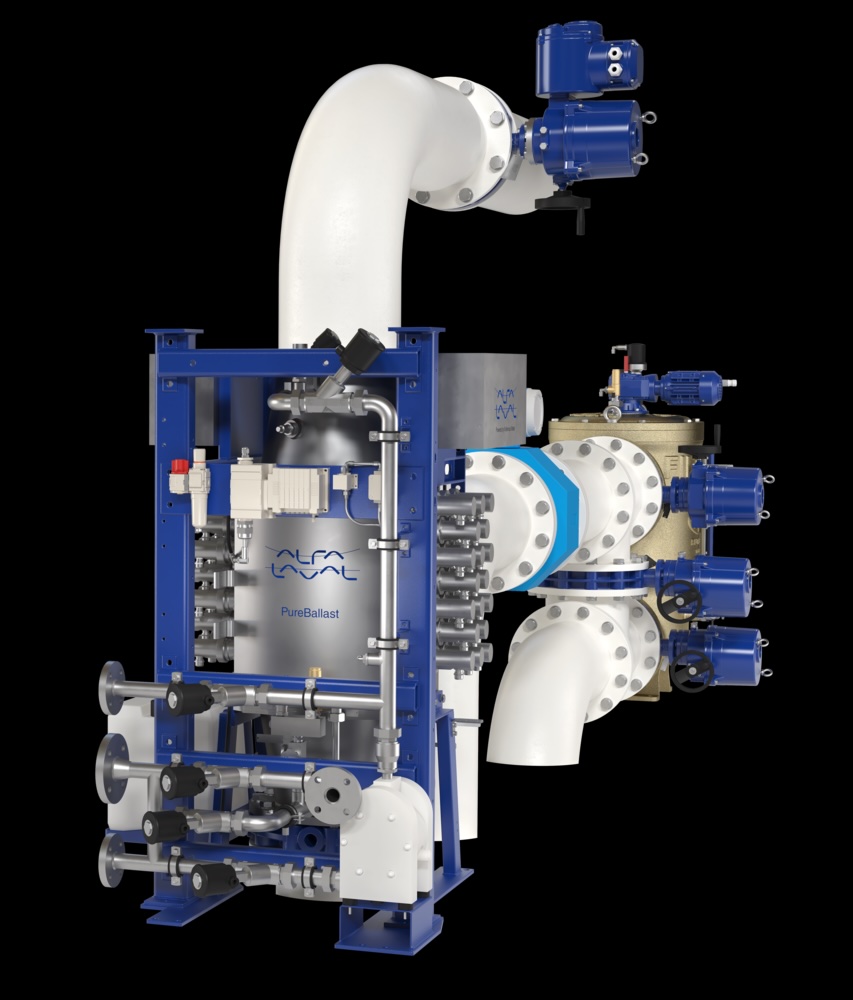 Alfa Laval PureBallast 3 Ultra secures orders from
Alfa Laval PureBallast 3 Ultra secures orders from 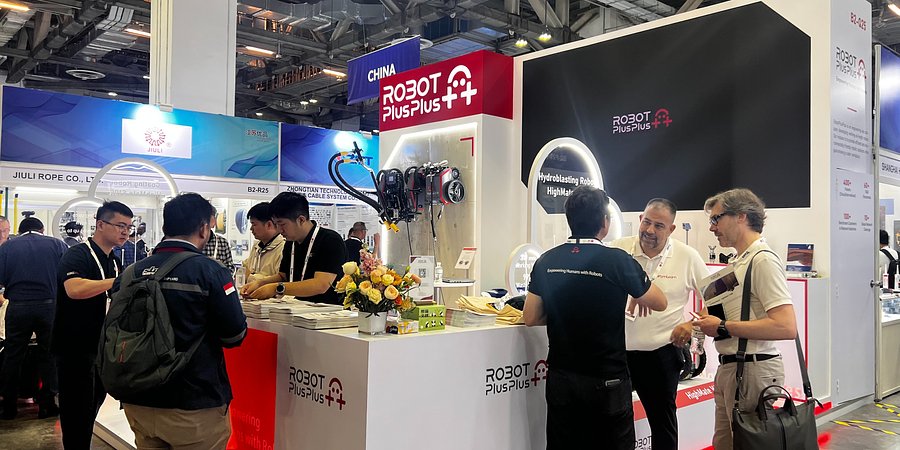 RobotPlusPlus Wows Maritime Professionals with Carg
RobotPlusPlus Wows Maritime Professionals with Carg 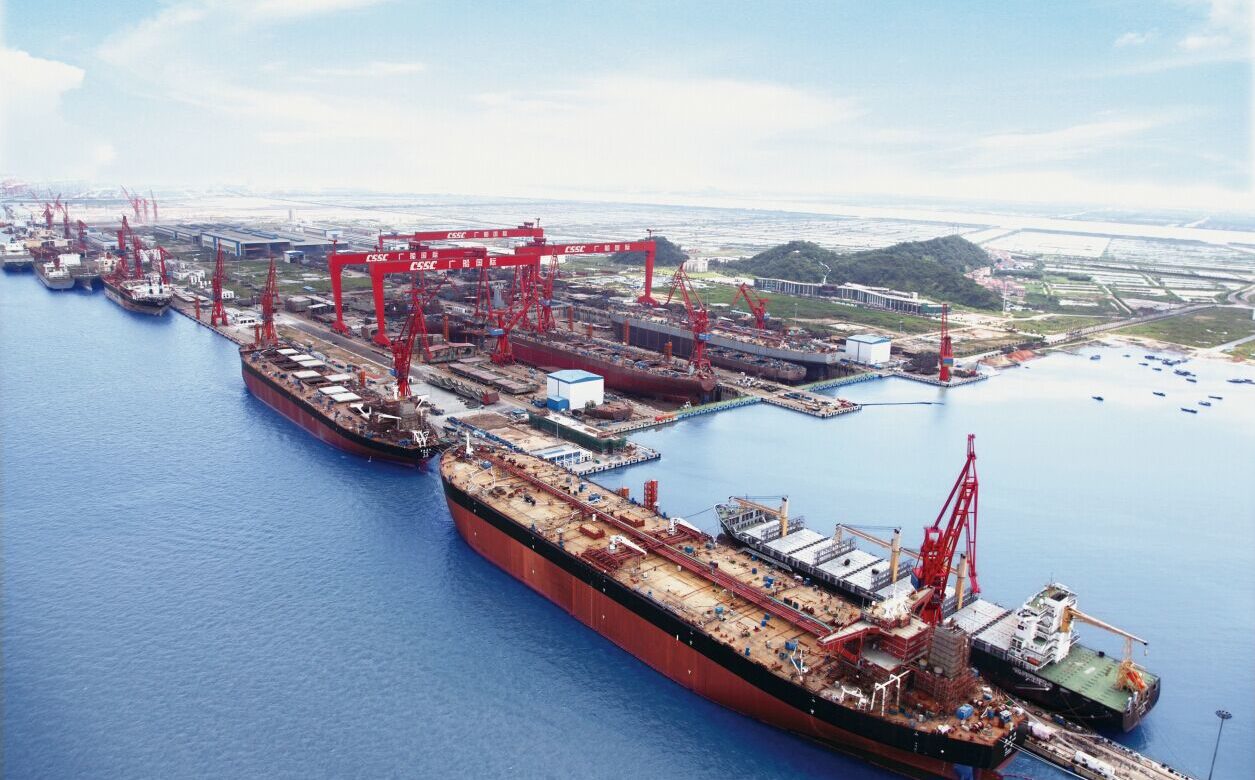 Alfa Laval secures first contract for ammonia fuel
Alfa Laval secures first contract for ammonia fuel 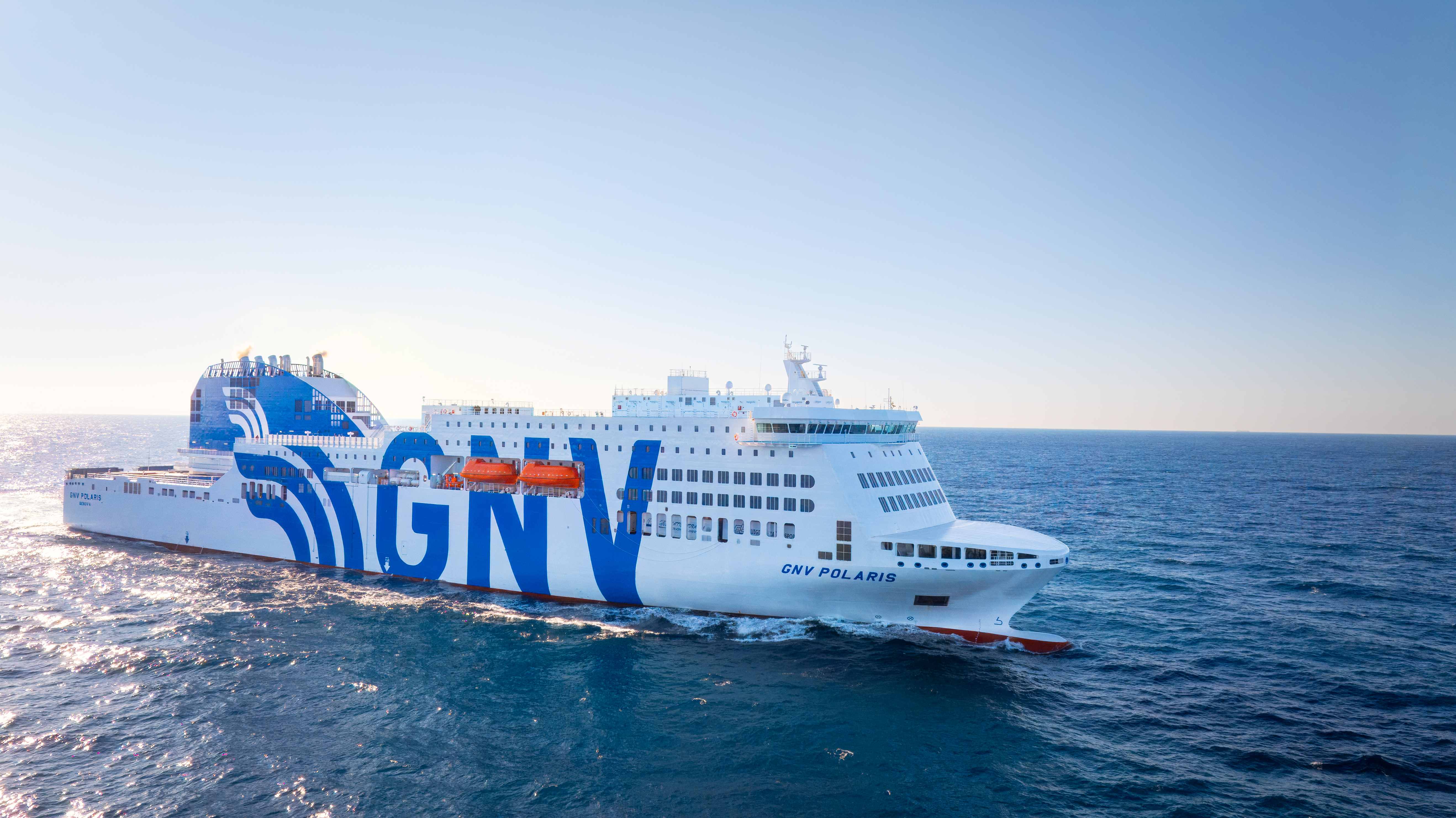 GNV Tests RINA’s Machine Learning and Predictive
GNV Tests RINA’s Machine Learning and Predictive